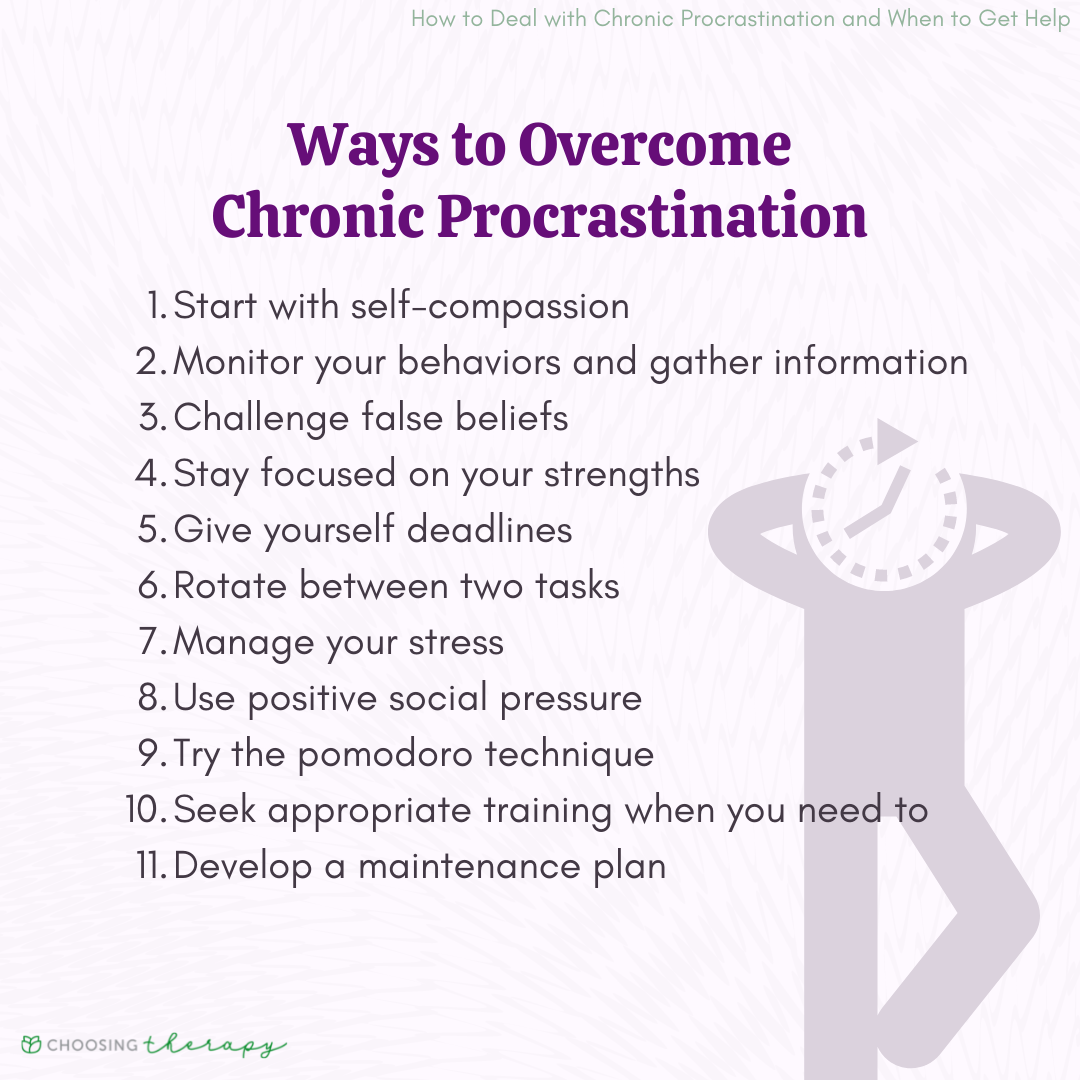How Procrastination, Emotional Dependency, and Impostor Syndrome Impact Your Life
How Procrastination, Emotional Dependency, and Impostor Syndrome Impact Your Life
Blog Article
In today's fast-paced world, people often face internal obstacles that hinder their success. Among these, procrastination, emotional dependency, and impostor syndrome are some of the most common challenges. What can you do to break free from these patterns?
This article, we will dive into the causes and solutions these three challenges. By understanding their impact and learning to manage them effectively, you can build a healthier mindset and achieve your goals.
What is Procrastination?
Procrastination is the act of delaying tasks despite knowing their importance. It often stems from fear of failure, lack of motivation, or poor time management.

When procrastination takes over, can depedencia emocional be far-reaching. Overcoming procrastination requires practicing self-discipline and breaking tasks into smaller steps. Consider techniques like the Pomodoro Technique or focusing on time-bound goals to stay on track.
The Nature of Emotional Dependency
Emotional dependency occurs when an individual relies heavily on others for validation, support, or happiness. While human connection is essential, emotional dependency turns detrimental when it leads to a lack of independence.

Common signs of emotional dependency include a fear of rejection, difficulty making decisions independently, and constant seeking of external approval. Breaking free from this pattern, it’s crucial to build self-confidence and cultivate self-reliance. Engaging in personal development activities and professional guidance can provide significant support.
Recognizing and Managing Impostor Syndrome
Impostor syndrome is the persistent belief where individuals doubt their accomplishments despite evident success. People with impostor syndrome often attribute their achievements to luck rather than recognizing their talent and hard work.

This mindset can lead to anxiety, self-doubt, and hesitation to pursue new opportunities. To overcome impostor syndrome involves reframing negative thoughts and acknowledging personal successes. Seeking feedback from trusted peers and embracing self-compassion can support personal growth.
Steps to Overcome Procrastination, Emotional Dependency, and Impostor Syndrome
Here are some practical steps:
- Develop structured daily plans and set achievable goals.
- Recognize triggers that contribute to your emotional reliance and foster personal resilience.
- Practice gratitude to counter impostor syndrome and consider therapy or coaching.
Consistency is key, so stay committed to these approaches to see positive changes.
Conclusion: Taking the First Step
These challenges can feel overwhelming, but you can overcome them by taking deliberate action. By understanding their roots and applying effective techniques, you pave the way for a healthier, more fulfilling life.
Start today by acknowledging where you stand and adopting simple, actionable strategies. Remember: progress is a journey, not a destination.
Report this page